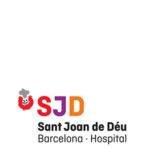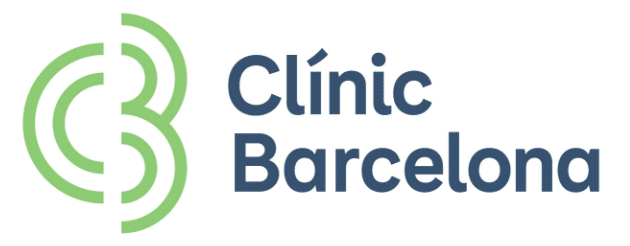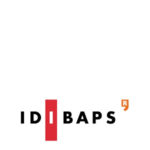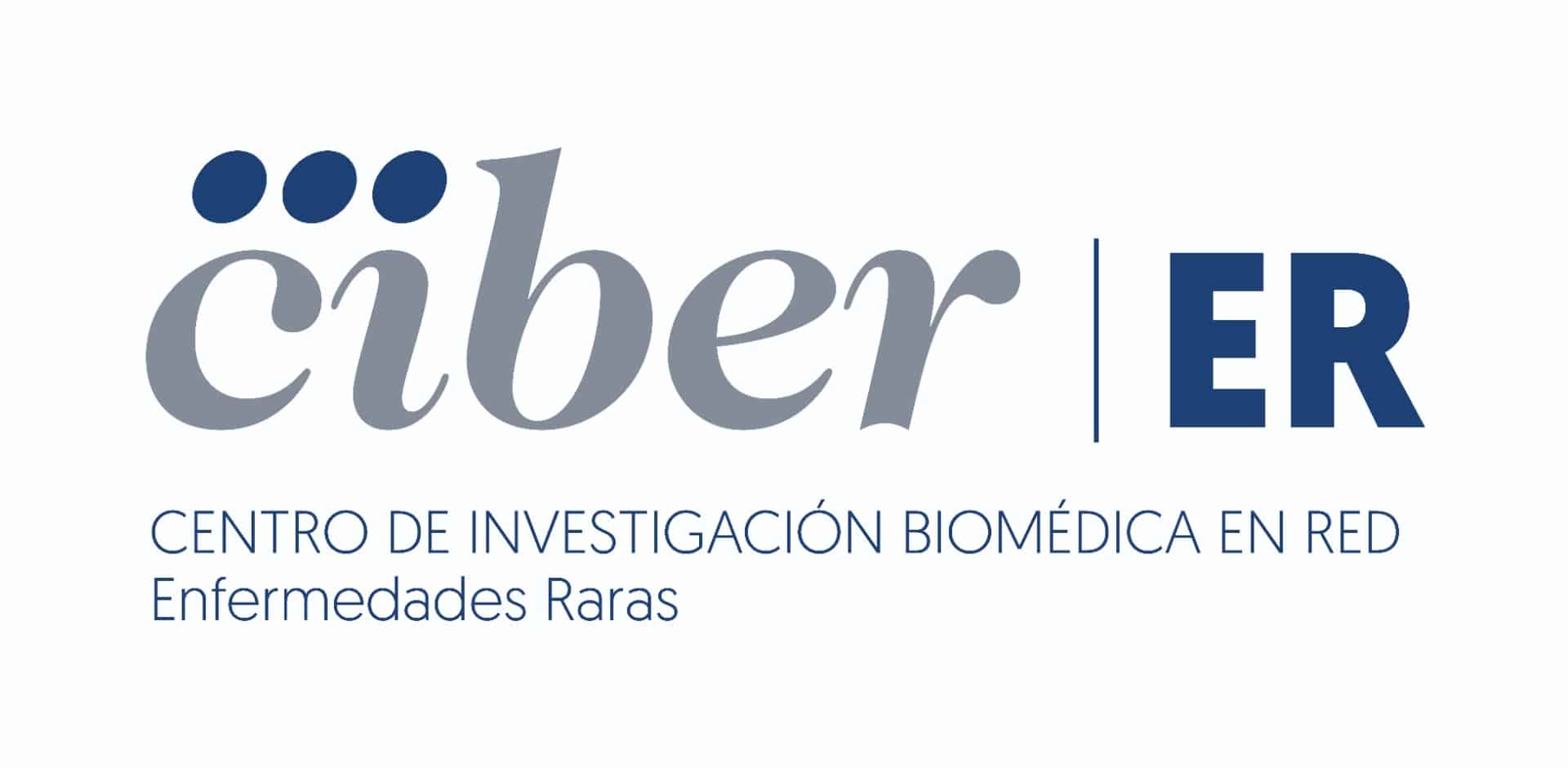Analysis of the complement system as therapeutical target in severe pre-eclampsia and HELLP syndrome
Preeclampsia can lead to serious complications for both the mother and the baby, including the development of HELLP syndrome causing problems with the red cells, platelets and liver of the mother. There is currently no treatment for sPE/HELLP, favoring prematurity. In this study we aim at: (1) Demonstrating in vitro that the abnormal activation of complement in the blood of women with preeclampsia can be tackled with new drugs, (2) exploring the damage of the endothelium in these patients, and (3) unveiling the mechanistic link between complement activation and endothelial damage. If positive, the results would represent an important step forward to personalized treatments for preeclampsia or HELLP syndrome.
START: 01/01/2022 END: 31/12/2022.
PI BCNatal-FMRC: Fàtima Crispi, Francesca Crovetto, Lina Youssef.
PI Institut Carreras: Marta Palomo.
Funders: La Marató TV3.
CoALeS: Improving long term outcome in infants with coarctation through machine learning for data integration from fetus to childhood
Coarctation of the aorta (CoA) is a Congenital Heart Disease, a rare disease with challenging clinical management given the broad outcome spectrum, from virtually normal childhood, to neonatal mortality or neurological impairment. CoA requires management within the first hours of life to prevent certain death. Standard practice favours early surgery, but while resulting in seemingly satisfactory long-term outcome, it can lead to neonatal mortality and neurological disabilities.
Our goal is use machine learning (ML) to improve CoA outcome and clinical management, by phenotyping individuals, using comprehensive cardiovascular and neurological data. We want to identify and understand contributions of CoA morphology, as well as therapeutic decisions and procedures, to neuro-cardiac outcome in individuals.
START: 01/01/2020 END: 31/12/2023.
PI BCNatal-FMRC: Fàtima Crispi, Olga Gómez, Patricia Garcia-Canadilla.
PI IDIBAPS: Bart Bijnens.
PI HSJD: Joan Sanchez de Toledo.
Funders: La Marató TV3.
ADUHEART: Impacto de la restricción de crecimiento intrauterino en la dinámica del remodelado cardiovascular en las diferentes etapas de la vida
START: 01/01/2016 END: 31/12/2024.
PI BCNatal-FMRC: Francesca Crovetto, Fàtima Crispi, Eduard Gratacós.
Funders: FIS (Instituto de Salud Carlos III) and Erasmus Mundus (Comisión Europea)
‘ART ’: Impact of assisted reproductive technologies on fetal cardiovascular programming, perinatal outcomes and epigenetics
The project aims to understand the impact of various assisted reproduction techniques on cardiac fetal development but also neurodevelopment and association with preeclampsia or other perinatal complications. For example, we have seen that performing in vitro fertilization and frozen embryo transfer is “better” for the heart than not performing the transfer fresh.
START: 01/01/2018 END: 31/12/2023.
PI Hospital Clínic: Gemma Casals.
PI BCNatal-FMRC: Fàtima Crispi y Maria Laura Boutet
Funders: FIS (Instituto de Salud Carlos III), Erasmus Mundus (Comisión Europea).
‘BiSC’ study (Barcelona Life Study Cohort)
In collaboration with ISGlobal and the Hospital de Sant Pau, we participated in the ‘BiSC’ study that aims to understand the effect of air pollution on placental function and the growth, cardiovascular and brain development of the fetus.
PI ISGlobal and coordinator: Jordi Sunyer.
PI BCNatal-FMRC: Lola Gómez-Roig.
Funders: European Research Council, Health Effects Institute, Obra Social “la Caixa”.
In vitro and in vivo evaluation of neuroprotective therapies in an intrauterine growth restriction animal model.
The main objective of this project is to characterize the structural injury secondary to intrauterine growth restriction and to describe potential neuroprotective therapies. For this, both studies will be evaluated at two levels. In a first level, basic histological techniques will be used. At a second level, a neurosphere culture will be developed for the first time in intrauterine growth restriction as an in vitro model. The cultivation of neurospheres will help us to delve into the pathophysiological mechanisms derived from growth restriction and, at the same time, to clarify the neuroprotection mechanism of the tested therapies.
START: 01/01/2019 END: 31/12/2021.
PI: Miriam Illa.
Financer: Carlos III Health Institute.
Robotic assistance for fetal surgery
The main objective of this project is to develop robotic assistance for twin-to-twin transfusion syndrome surgery with the aim of improving surgeon’s precision, reducing surgical time and total movements.
This project is carried out in collaboration with the Robotics and Vision Group at the CREB-UPC Biomedical Engineering Research Center.
START: 01/06/2019 END: 01/06/2021.
PI BCNatal-FMRC and coordinator: Elisenda Eixarch.
PI CREB-UPC: Alicia Casals.
3D navigation system for fetal surgery
This project, developed jointly with the Universitat Pompeu Fabra, has enabled the development of a three-dimensional personalized pre-surgical planning system for cases with twin-to-twin transfusion syndrome.
PI BCNatal-FMRC and coordinator: Elisenda Eixarch.
PI UPF: Miguel Ángel González Ballester.
Impact of the Mediterranean diet during pregnancy on the newborn’s microbiota
START: 01/01/2020 END: 31/12/2020
PI: Francesca Crovetto
Financer: Fundació Agrupació
Desarrollo y validación de una herramienta diagnóstica no-invasiva de infección intra-amniótica en flujo vaginal basada en la integración de matabolómica y microbioma
START: 01/01/2020 END: 31/12/2022
PI: Tere Cobo
Financier: Instituto Salud Carlos III (FIS)
ATHLETE: Advancing Tools for Human Early Lifecourse Exposome research and Translation
START: 01/01/2020 END: 31/12/2024.
PI: Lola Gómez.
Financer: European Comission
Evaluación pronóstica de las cardiopatías congénitas desde la etapa prenatal mediante ecocardiografía avanzada y biomarcadores plasmáticos
START: 01/01/2016 END: 30/06/2020.
PI: Olga Gómez.
Financer:Instituto Salud Carlos III (FIS).
MIIFI – Multimodality Integrated Imaging for Fetal Intervention
This project was selected by the European Commission as one of 170 groundbreaking ideas. The consortium is made up of researchers Jordina Torrents Barrena, Mario Ceresa, Miguel A. González Ballester (BCN Medtech, UPF, Barcelona), Karen López-Linares, Iván Macía (Vicomtech, San Sebastián), Elisenda Eixarch and Eduard Gratacós (BCNatal, Barcelona).
START: 25/04/2019 END: 25/04/2020.
PI: Eduard Gratacós.
Funder: European Comission (Attract Call)
RATIO-37
PI: Francesc Figueras.













